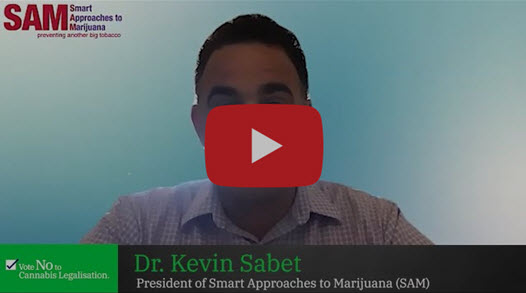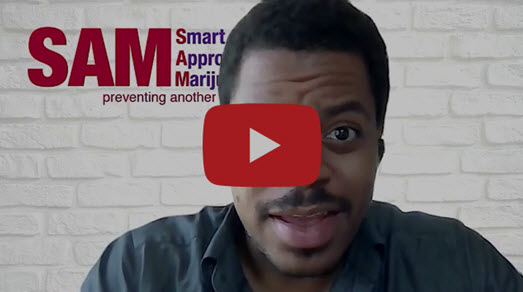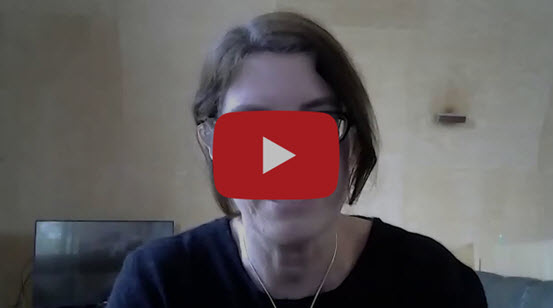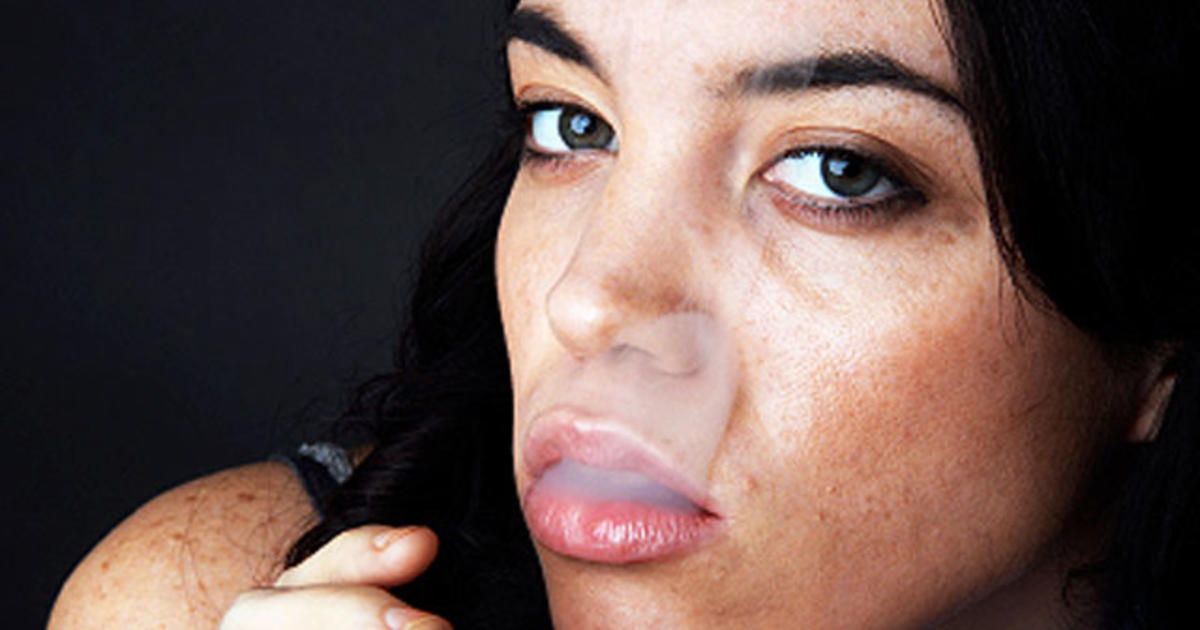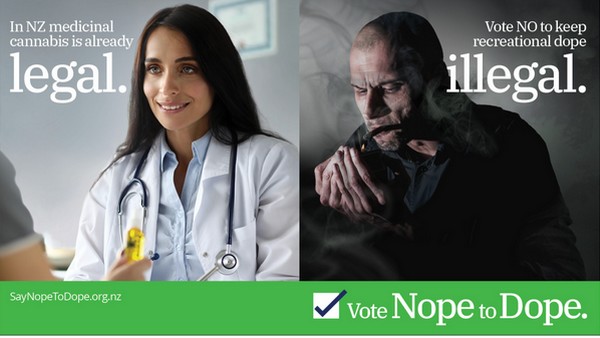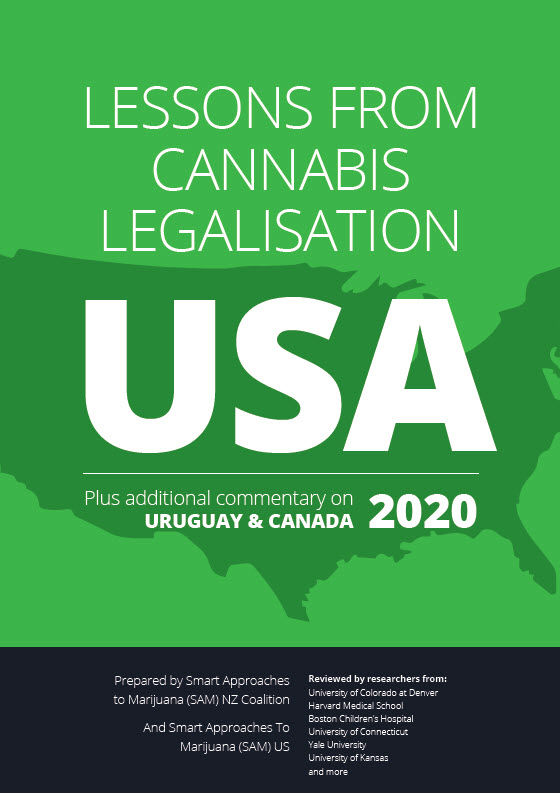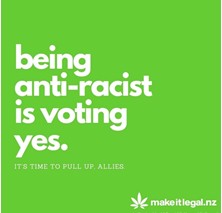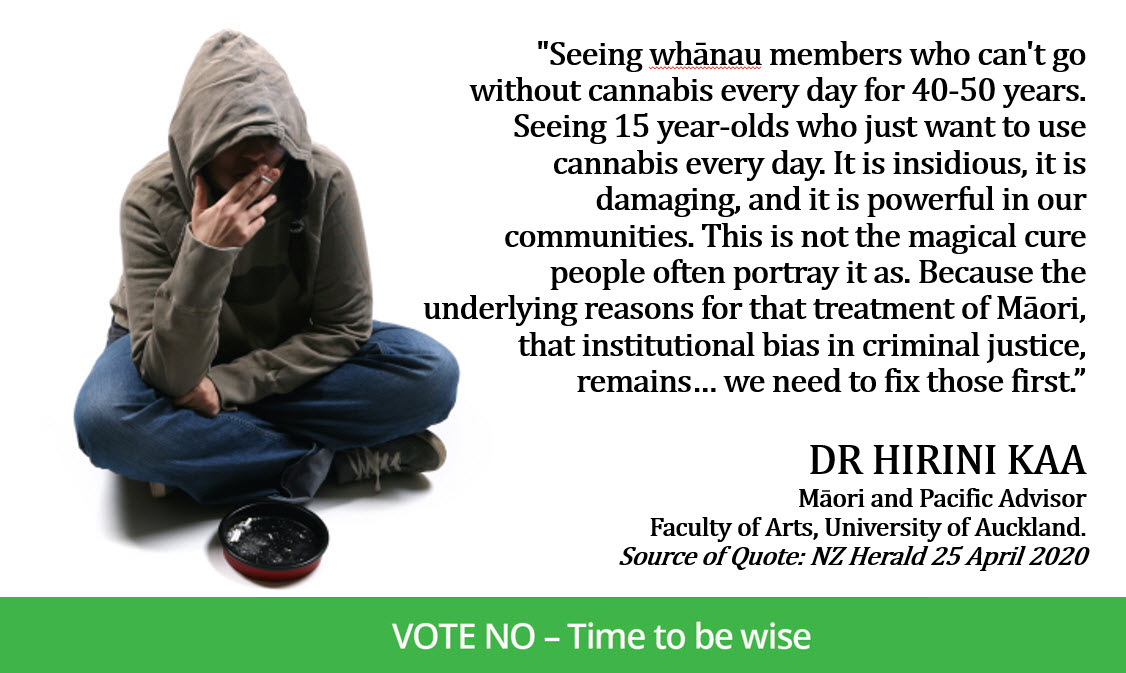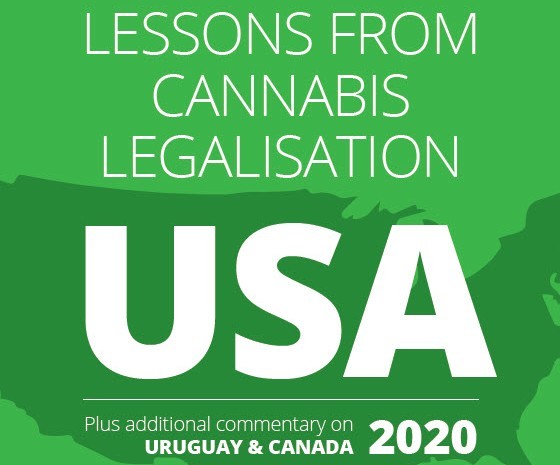
NewsHub 8 September 2020
A new report from a group opposed to cannabis legalisation shouldn’t be dismissed out of hand, a health researcher says.
But its conclusions are based on data pulled from countries with very different legal cannabis regimes than what New Zealand is proposing, according to Chris Wilkins, an associate professor at Massey University.
The report, Lessons from Cannabis Legalisation 2020, looks at what’s happened in the US, Uruguay and Canada, three countries who’ve led the way. It was released this week by Smart Approaches to Marijuana NZ (SAM), which includes the likes of Family First’s Bob McCoskrie.
SAM is opposed to legalising recreational use of the drug, which studies show most Kiwis will try at least once in their lifetimes.
“This report, which has almost 250 references, will serve as an eye-opener for the New Zealand public and gives very persuasive evidence for voting no in the referendum,” said SAM spokesperson Aaron Ironside.
“The legalisation of marijuana has had significant costs both fiscally and in terms of social and health harms. It is clearly evident that cannabis legalisation is a failed policy.”
SAM claims in countries which have legalised cannabis there have been increases in youth use and car crashes, tax revenue has failed to cover increased health costs, and black markets have continued to thrive.
“This report moves past the spin from cannabis industry proponents who want to normalise and profit from drug use in our communities,” said Ironside.
READ MORE: https://www.newshub.co.nz/home/politics/2020/09/anti-cannabis-report-provides-realism-as-well-as-scaremongering-expert.html



